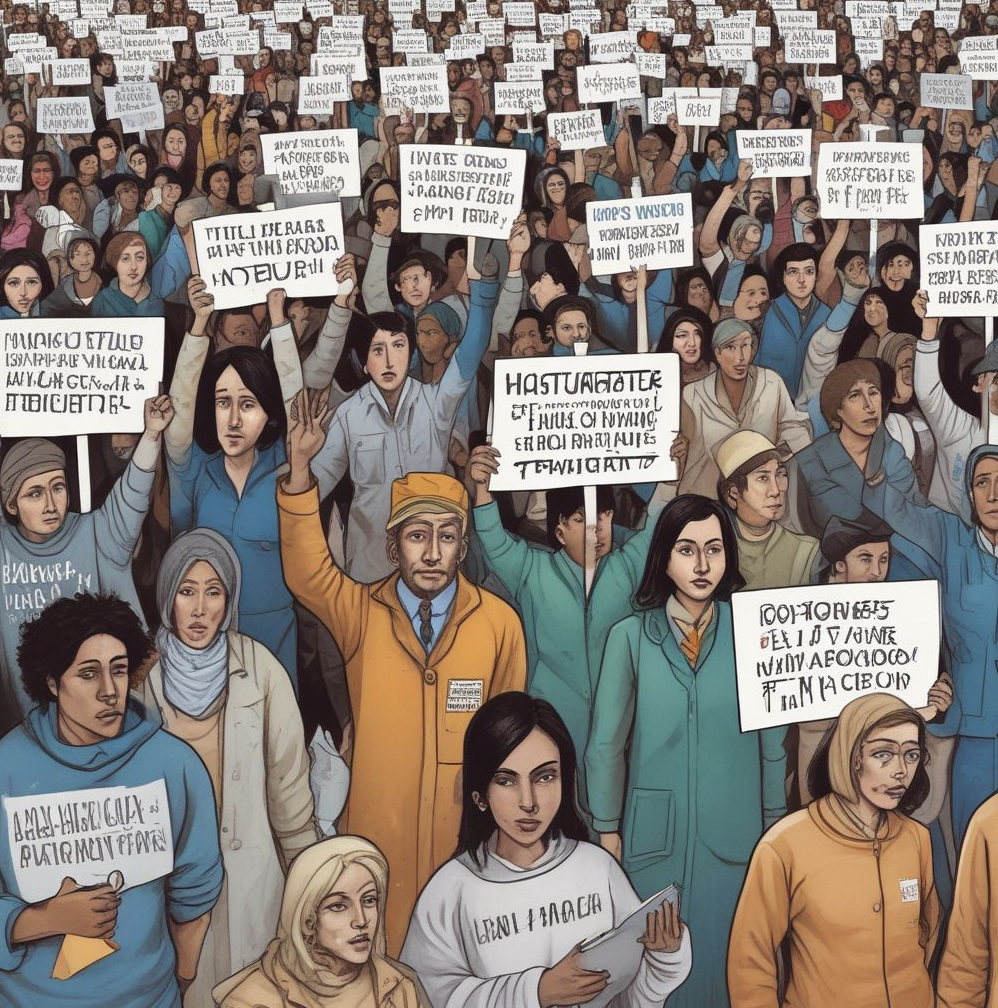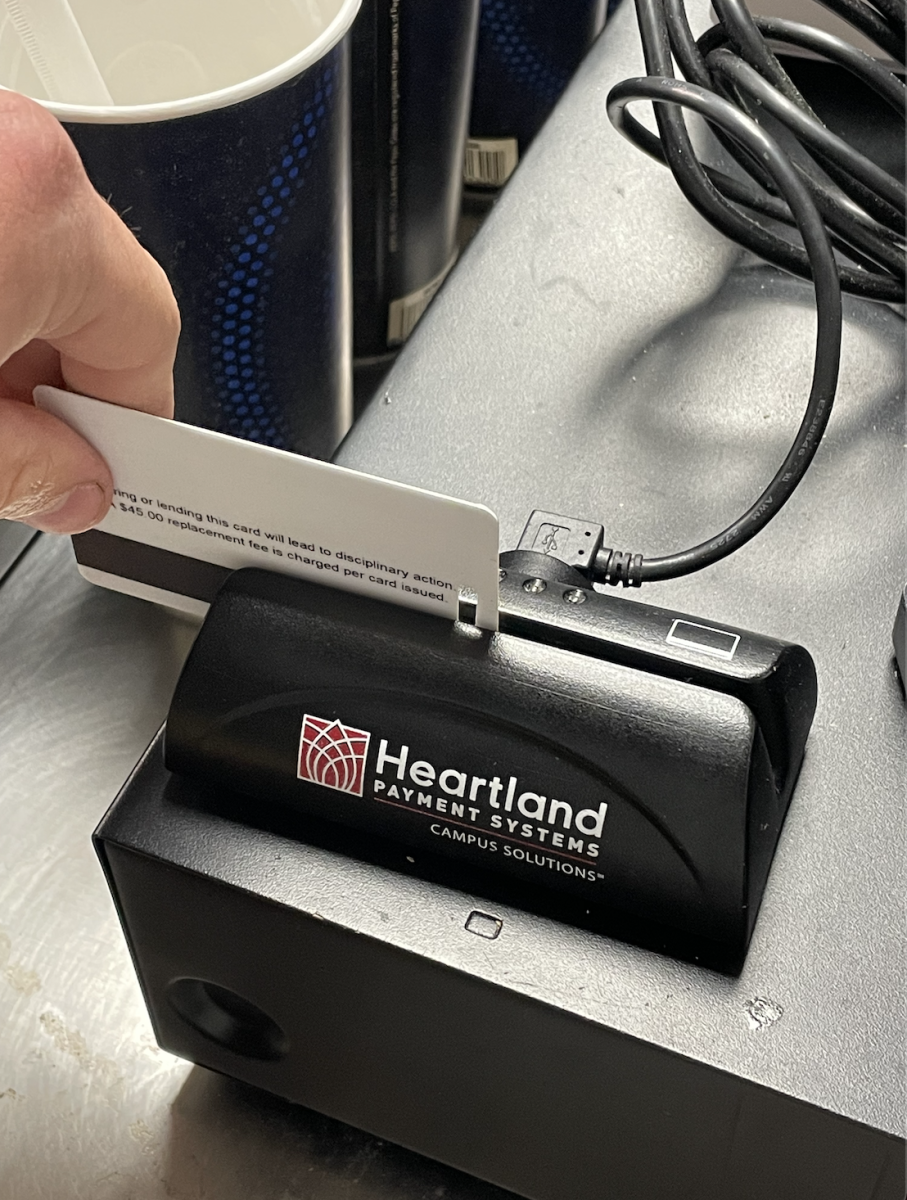Regardless of how people feel about Artificial Intelligence, the tech industry has deemed it the next essential tool for the student and workforce.
But how can artificial intelligence help grow the intelligence of a mind?
“Kids from Black and Latino or Hispanic communities—who are often already on the wrong side of the digital divide—will face greater inequalities if we go too far toward digitizing education without considering how to check the inherent biases of the (mostly white) developers who create AI systems,” Andre M. Perry and Nicol Turner-Lee from Brookings.edu said.
Advocates for Artificial Intelligence state that AI can be used to level the playing field in education and the classroom. However, some fail to realize that racial minorities are statistically disadvantaged in the current form of education, so the artificial intelligence job would have to counteract the current status quo.
In the courtroom, there is software to forecast repeat offenders. This software incorrectly marks Black defendants as future criminals, saying they are twice as likely as their counter-white defendants to commit crimes again.
Artificial intelligence can lead to an increase in unemployment. Blacks are currently the most unemployed race in the United States, and the majority of lower-wage jobs are being worked by minorities. The increase of AI taking over lower-wage jobs results in pushing minorities out of jobs, which then results in an increase in unemployment for a race that already leads in that category.
The combination of robotics and AI largely impacts the number of lower jobs open for higher. Similar to bank tellers and clerks being replaced by ATMs, construction workers, journalists, drivers, and accountants are all jobs that are likely to cause unemployment in favor of AI.
“ Seventy-five million to 375 million workers, three to 14 percent of the global workforce, will need to switch jobs,” according to Liberties.edu: a civil liberties union for Europe website
In the workforce, jobs that use AI encounter racial issues being embedded with the artificial system.
“The biases are embedded deep in these systems, so it becomes ingrained and automatic. If I’m working within a system that uses algorithmic ecosystems, then I want that system to know who Black people are in nuanced ways, so that we can feel better supported,” Stephanie Dinkins, Black artist that has worked with AI for seven years states.
In the artistic workforce, AI often ignores certain characteristics of Black people and stereotypes or censors Black culture or history.
“Bias is an important, industrywide problem,” Alex Beck, a spokeswoman for OpenAI said. However, he neglected to mention any plans going forward to change improve upon it.
According to the ACLU, there are civil and human rights organizations that are calling on the Biden administration to take concrete steps to bring civil rights and equity to the forefront of its AI and technology policies. Ideally, the manufacturers of the product should be consulted to eliminate the problem before it even starts.
Artificial intelligence has its proven benefits, but with anything, too much of it can be a bad thing. Before AI software is released to a business or the public, there should be a diverse panel going over it to detect any aspects of basis that may be integrated within the system.
Please see the PRO version of this piece at: https://ironbladenews.com/3892/opinion/pro-con-artificial-intelligence-2/







